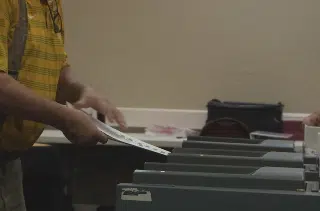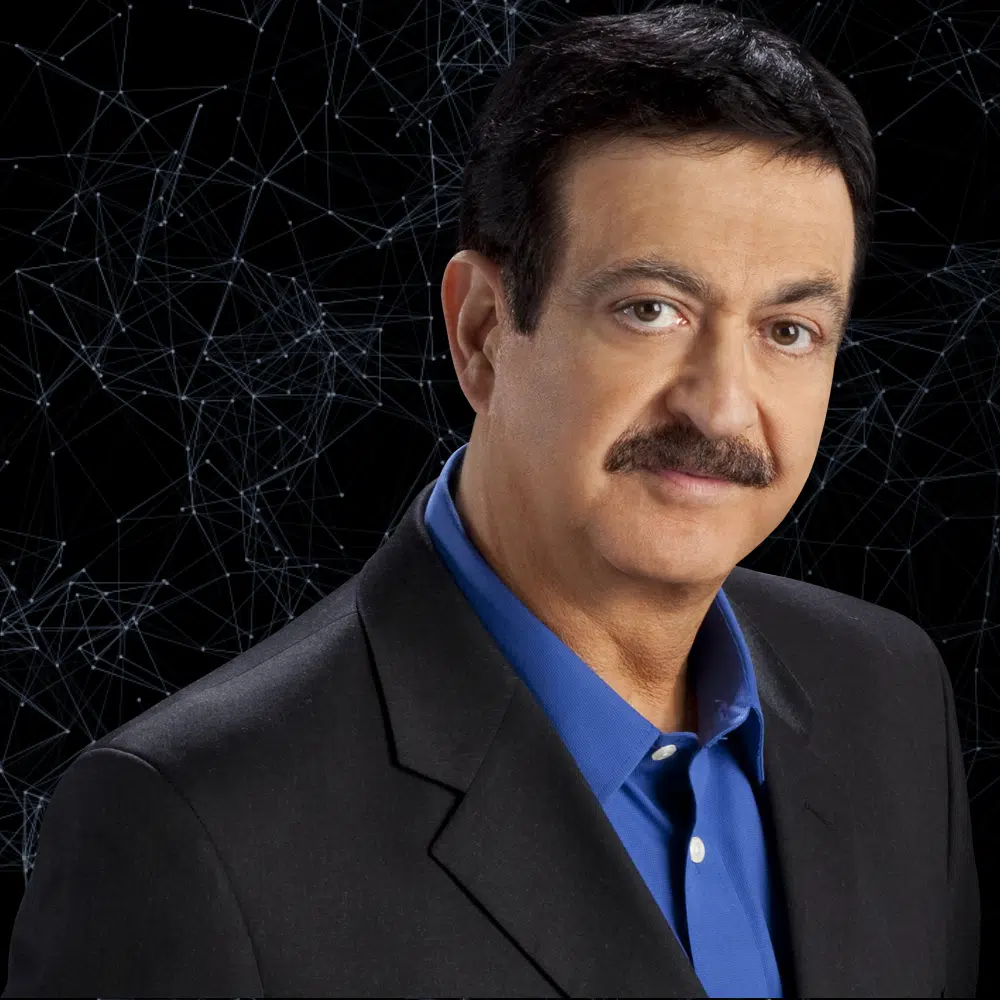
By: Jeff Beach
BISMARCK, N.D. (North Dakota Monitor) – Legislators, citizens and outside proponents for term limits last week debated the legitimacy of North Dakota’s term limits law and whether the Legislature can force another statewide vote on the issue.
The debate came during a hearing on Senate Concurrent Resolution 4008, with legislators acknowledging that the proposal appears unconstitutional.
North Dakota voters in 2022 passed a measure that put term limits for state legislators into the North Dakota Constitution. Lawmakers are now limited to serving up to eight years in the House and up to eight years in the Senate.
The resolution that a legislative committee endorsed Friday seeks a new statewide vote to allow lawmakers to serve four complete terms in the Legislature, or a total of 16 years in office, without requiring them to switch chambers. It also proposes that a partial term would not count against a lawmaker’s limit.
But the citizen-initiated measure passed in 2022 states that the only way to alter or undo the measure is through another citizen-initiated measure.
The other way to change the state constitution in North Dakota is for legislators to initiate a statewide vote, which is what the resolution proposes to do.
“I think our hands got tied,” Sen. Jose Castaneda, R-Minot said.
Castaneda and other members of the Senate State and Local Government Committee said term limits would weaken the state Legislature, with lawmakers not having enough experience to serve effectively.
Bill Sponsor Michael Dwyer, R-Bismarck, said it would likely take a court ruling for the resolution to advance.
Sen. Chuck Walen, R-New Town, suggested that legislators could launch a citizen-initiated measure.
“I’d rather try this first,” said Sen. Kristin Roers, R-Fargo, the chair of the committee. She said the bill could be a way to get the issue into the courts.
Roers and others on the committee blamed the term limits law on out-of-state money and misleading tactics by the U.S. Term Limits Foundation.
Roers said people signing the petition to place state term limits on the ballots believed they were signing a petition for term limits for the U.S. Congress.
“This got on the ballot under false pretenses,” Roers said.
Scott Tillman of the U.S. Term Limits Foundation defended in the petitions, saying the group also was gathering signatures in support of congressional term limits.
Voters in 2022 passed Measure 1 with more than 63% of the vote.
Committee members also took issue with Tillman’s assertion that term limits were not yet affecting legislators.
Roers noted last week’s death of Rep. Josh Christy and predicted that people in his district will be reluctant to serve the remainder of his term because it will count as a full term.
Sen. Ryan Braunberger, D-Fargo, said that because of term limits and redistricting, the time that he is eligible to serve is being cut short by two years.
The measure approved by voters also limits the governor to serving two terms. The legislative proposal does not address the governor’s term limit.
The committee gave the resolution a do-pass recommendation Friday.
A separate bill approved by the House also addresses lawmaker term limits. House Bill 1300 proposes that the clock on term limits doesn’t start until after the November 2022 election. It seeks to clear up some confusion about how term limits affect lawmakers elected in 2020 and reelected in 2024. The bill advances to the Senate.
Single subject
The Senate State and Local Government Committee also heard testimony last week on another bill related to statewide ballot measures.
Senate Concurrent Resolution 4007, sponsored by Senate Majority Leader David Hogue, would limit proposed constitutional ballot measures to a single subject.
The Legislature passed a similar provision in 2023, but it was included with other changes to constitutional measures — raising the voter approval threshold to 60% and requiring a measure to be passed with two votes. Measure 2, which included those changes, failed in the 2024 general election.
While there is again a bill advocating for a supermajority to pass a measure, Hogue said he hoped that the measures would be placed on the ballot separately.
Former Gov. Ed Schafer spoke in favor of the single subject proposal, saying some past ballot measures have led with some admirable ideas but also included some bad policy.
The committee voted 5-1 on Thursday to give the bill a do-pass recommendation despite some opposition.
The League of Women Voters of North Dakota said in written testimony that single-subject rules have been debated in thousands of court decisions, with no clear understanding of what constitutes a single subject.
The North Dakota Secretary of State’s Office would have to rule that a proposed measure meets the single subject rule before petitioners could gather signatures in an effort to get the measure on the ballot.
The League also said the bill’s language to put it on the June 2026 primary election ballot is a bad idea because of low voter turnout in primary elections.
Kevin Herrmann of Beulah testified that the Legislature should quit messing with the citizen-initiated measure process, noting the vote on Measure 2 in 2024 and previous attempted changes.
“The citizens of North Dakota have spoken,” he said.




Comments